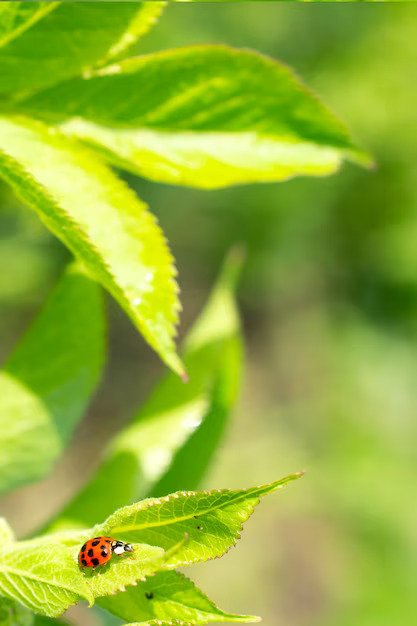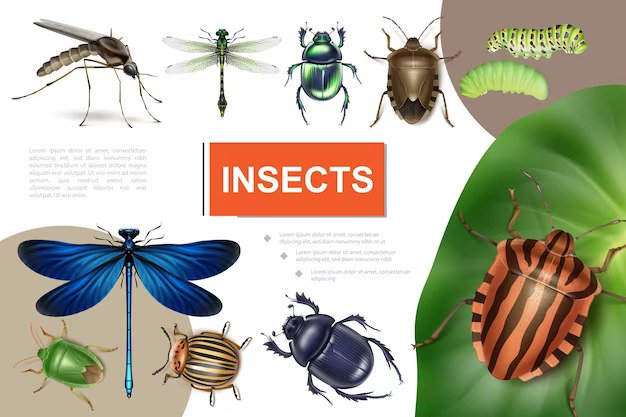Climate Change's Toll on Insect Evolution-Threats to Biodiversity
Yes, you are correct. Climate change can indeed disrupt insect evolution and have negative impacts on biodiversity.

Insects are highly sensitive to environmental conditions, including temperature, humidity, and availability of resources. Even slight changes in these factors can affect their life cycles, behavior, and distribution patterns.
Here are a few ways climate change can impact insect evolution and biodiversity:
-
Shift in distribution: In response to changing climatic conditions, insects may move to different regions in search of suitable habitats. This can result in shifts in their distribution patterns and potentially disrupt the ecological communities they are a part of.
-
Phenological mismatch: Climate change can alter the timing of key events such as flowering, emergence of leaves, or availability of prey. Insects that rely on specific cues or relationships with other species may experience a mismatch in timing, leading to reduced reproductive success or decreased survival rates.

-
Adaptation challenges: Rapid climate change can pose challenges for insects to adapt to new conditions. Evolutionary processes such as genetic adaptation and natural selection typically occur over longer timescales. If the pace of climate change surpasses the ability of insects to adapt, they may struggle to survive and reproduce successfully.
-
Disruption of mutualistic relationships: Many insects have mutually beneficial relationships with plants, such as pollination or seed dispersal. Changes in climate conditions can disrupt these relationships, impacting both the insects and the plants they interact with. This disruption can have cascading effects on the broader ecosystem and biodiversity.
-
Increased vulnerability to pests and diseases: In some cases, climate change may favor certain insect species that are better adapted to the new conditions. These species may become more abundant and pose a threat to other species, including crops and native plants. Additionally, warmer temperatures can facilitate the spread of insect-borne diseases, affecting both human and animal populations.
Read this: shifting-agriculture-effects-on-food-quality-and-health
The consequences of disrupted insect evolution and declining biodiversity can be significant. Insects play vital roles in ecosystems as pollinators, decomposers, and a food source for other organisms. Their decline can have far-reaching effects on ecosystem functioning, including reduced plant diversity, reduced food availability for other animals, and altered nutrient cycling.
Addressing climate change and implementing conservation measures to protect insect populations and their habitats are crucial steps in mitigating the negative impacts on insect evolution and biodiversity.
What's Your Reaction?





















